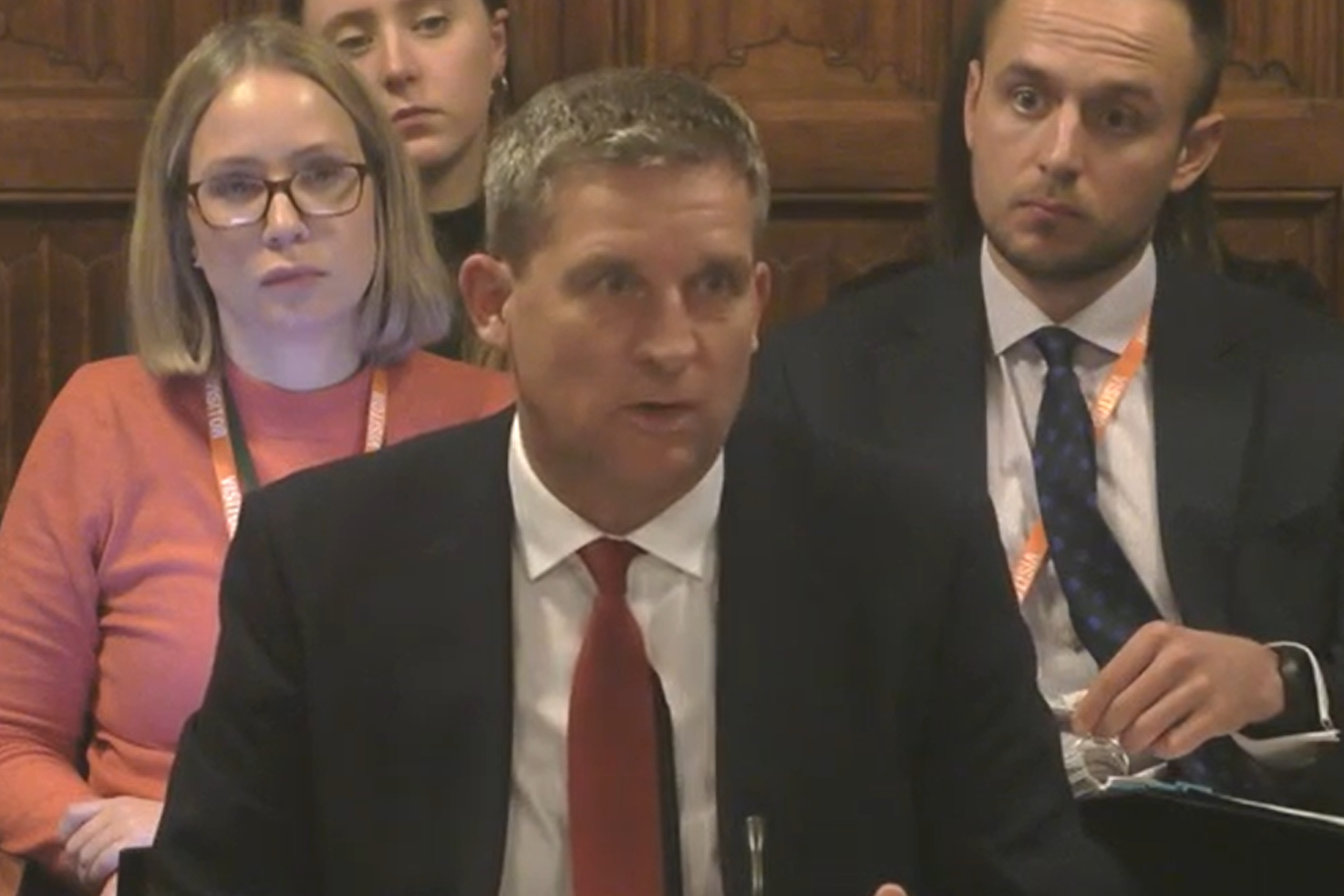How did our prisons get so crowded and can the cell blockage be solved?
Some 4,500 more prison spaces are needed every single year to keep up with demand but locking people up cannot be the be-all and end-all of dealing with offenders, writes Sean O’Grady


The headline news is that the prisons crisis is not going to get much better for many years. The justice secretary Shabana Mahmood warns that despite the current, deeply unpopular, prisoner release scheme and plans to create 14,000 more prison places by 2031, the authorities could still run out of space over the next few years. “We are going to fall short and we simply can not build our way out of this problem,” she said. It’s one of the most intractable issues facing the government, and there are votes at stake…
Why are we here?
The short answer is that the British public, vengeful by nature, demand that all sorts of offenders be subjected to a custodial sentence for the sake of retribution; but the British are also a devoutly cakeist people, and not prepared to pay the taxes required to build sufficient prisons to house all the inmates they’d like to bang up and throw away the key. So the UK keeps passing laws, tightening up sentencing guidelines and giving victims and ministers the right to ask for “lenient” sentences to be increased; yet in the past 14 years of Conservative rule, it must be said, only a net gain of 500 additional places were delivered; and the prisons were allowed to become unmanageably overcrowded – operating at 99 per cent capacity. The need for exemplary sentencing after the summer riots required emergency early release of non-sexual and other serious offenders.
Where does that shocking figure of 500 more places come from?
From Shabana Mahmood, lord chancellor and secretary of state for justice. Her department explains that the 500 places net change in prison capacity in 14 years is calculated as the difference between total operational capacity in May 2010 (89,757) and April 2024 (90,239). This resulted in a net increase of 482 places which was rounded up to 500 for the lord chancellor’s statement to parliament. Some 13,000 places were built and 12,500 places closed between 2010 and 2024.
So what’s being done about it?
Well, there will be an expansion in the prisons estate, but only to the extent that the promised projects being undertaken or planned by the last government will be completed. The deputy prime minister has added that she will use her powers to override local planning objections on the grounds of their national importance.
Is that enough?
No. According to the government (and not seriously challenged by the opposition), some 4,500 more prison spaces are needed every single year to keep up with demand, and four new prisons over the next seven years will create 6,400 new cells. Existing prisons will have new blocks added to create another 6,400 places, while another 1,000 cells will be refurbished and an additional 1,000 other makeshift cells – which can last up to 15 years – will be set up. So there’ll be another overcrowding crisis by the end of this parliament – more or less just in time for the next election…
What else can be done?
The logical answer is to review sentencing guidelines and consider suitable non-custodial sentencing for certain offences. This is the subject of a review being undertaken by the former Conservative justice secretary David Gauke.
Anything else?
There are about 10,000 foreign prisoners due for deportation who could, in principle, be processed more quickly. Although it is more than a decade since they were abolished, more than 1,000 offenders are also serving indefinite sentences long after any normal tariff has been served under the now-discredited indeterminate sentences imposed under the imprisonment for public protection (IPP) regime. Unfortunately, IPP cases don’t fall into the remit of the Gauke review.
What does the opposition say?
Robert Jenrick, the shadow justice secretary, says: “Despite all the fanfare, Labour are not announcing any new money for new prisons. They continue to release dangerous prisoners rather than maximising court capacity and removing the 10,000 foreign national offenders. The public deserve better.”

What about the prisons minister?
Lord (James) Timpson was greeted as an inspired appointment when Keir Starmer placed him in charge after the general election. Ten per cent of the people working for Timpson’s eponymous family firm are ex-convicts, and he’s a former chair of the Prison Reform Trust. He has been outspoken about how useless prison can be for many offenders. After all, nearly 90 per cent of those sentenced to custody are reoffenders.
Despite Timpson’s formidable reputation, thus far, he’s not been able to make much difference, so far as can be seen, most notably with the specific and outrageous anomalies of the inmates detained under the indefensible IPP rules. That said, he does have a deep understanding of what needs to be done, for example, by steering drug addicts away from prison and towards treatment; and evangelising to get ex-cons into work. As he told the Prison Governors Association recently: “Former prisoners make great colleagues. In my experience, they work hard, they turn up on time, and they are trustworthy – because they are so hungry to prove themselves. The amount they can achieve – starting from rock bottom – is nothing short of extraordinary. It’s no exaggeration to say that some of the most accomplished people I know were once in prison. They want to grasp that second chance with both hands.”
Timpson still has his own chance to make a difference.


Bookmark popover
Removed from bookmarks